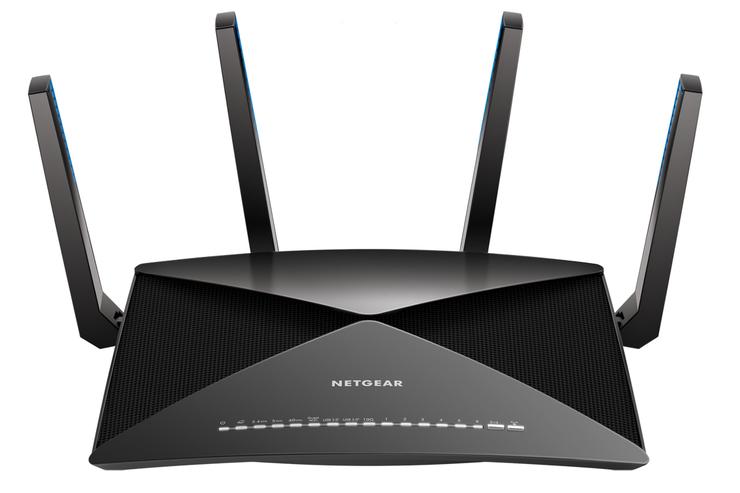
Networking device manufacturer Netgear released firmware updates for several router models in order to patch a critical vulnerability that's publicly known and could be exploited by hackers.
The vulnerability was disclosed by a researcher Friday and affects multiple Netgear router models, many from the company's Nighthawk series. The company initially confirmed the flaw in three models -- R6400, R7000, R8000 -- but it has since expanded the list to include five more.
The models confirmed to be affected so far are: R6250, R6400, R6700, R7000, R7100LG, R7300, R7900 and R8000. This list might not be complete as Netgear continues to analyze the flaw's impact to its entire router portfolio.
The company is working on firmware updates for all affected router models, but for now it only released beta versions for R6400, R7000 and R8000. Beta firmware versions for some of the remaining models will be released as early as Tuesday, the company said in an advisory.
"This beta firmware has not been fully tested and might not work for all users," the company said in its advisory. "NETGEAR is offering this beta firmware release as a temporary solution, but NETGEAR strongly recommends that all users download the production version of the firmware release as soon as it is available."
The vulnerability allows attackers to execute arbitrary shell commands on affected devices by sending maliciously crafted HTTP requests to their web-based management interfaces. The U.S. CERT Coordination Center (CERT/CC) at Carnegie Mellon University rated the flaw as critical, assigning it a score of 9.3 out of 10 in the Common Vulnerability Scoring System (CVSS).
Until a firmware update becomes available for their routers, users can use a workaround that actually exploits the vulnerability in order to stop the router's web server and prevent further exploitation. This can be done by accessing http://[router_IP_address]/cgi-bin/;killall$IFS'httpd' in a browser from a computer on the same network as the router, but the mitigation only lasts until the device is rebooted.
Join the CIO New Zealand group on LinkedIn. The group is open to CIOs, IT Directors, COOs, CTOs and senior IT managers.
